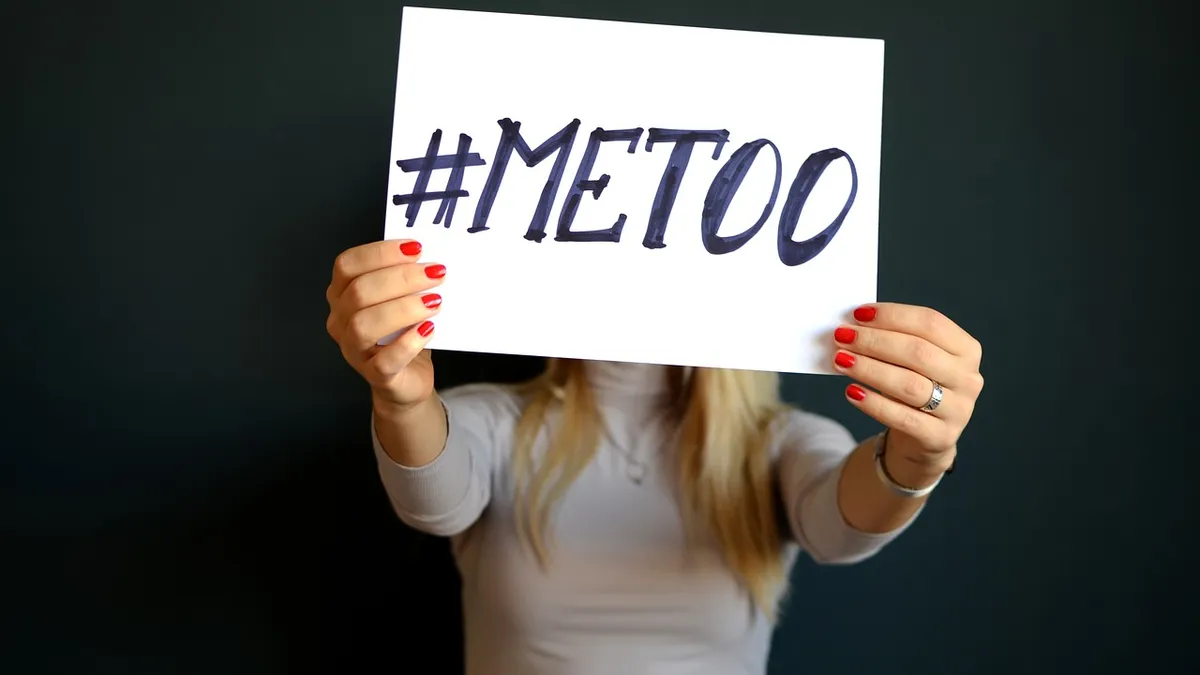Dive Brief:
- NAVEX Global has launched an ethics and compliance training course — Workplace Harassment, 8th Edition — designed to help address employers' concerns over rampant workplace harassment brought to light by the #MeToo movement.
- The training is informed by customer input and by training mandates developing in state legislatures, NAVEX Global said in a press release. The training addresses those laws specifically and focuses on employees' roles in harassment prevention — including how to respond to harassment, identify abusive conduct and bullying and respect gender identity, expression and sexual orientation, the release said.
- "Given the events since late 2017, the #MeToo movement, and the current backlash against this movement, we must re-examine our collective approach to sexual harassment prevention and sensitivity — if for no other reason than because employees now expect their employers to step up in this area and take a stand," Ingrid Fredeen, vice president of NAVEXEngage and senior product manager, said in the release.
Dive Insight:
Sexual harassment continues to be a problem in the American workplace, despite training and awareness measures. In fact, representatives from the U.S. Equal Employment Opportunity Commission said that decades worth of sexual harassment training has been totally ineffective. While the #MeToo movement has brought the issue to the fore, many experts believe only systemic shifts will affect needed change.
Training is key to increasing awareness of the problem, promoting a more professional workplace and empowering employees and bystanders to report inappropriate behavior. Gaps in training, particularly at the management level, can do more to exacerbate than resolve the problem.
Some have suggested the Occupational Safety and Health Administration should consider getting involved. Although the agency focuses typically on safety and health, many are urging the agency to broaden its definition to include the physical and psychological harm sexual harassment and assault can cause. While the problem ranges across all industries, including in food service and hospitality, some suggest academia and tech are most widely affected as women continue to break into traditionally male-dominated roles.













